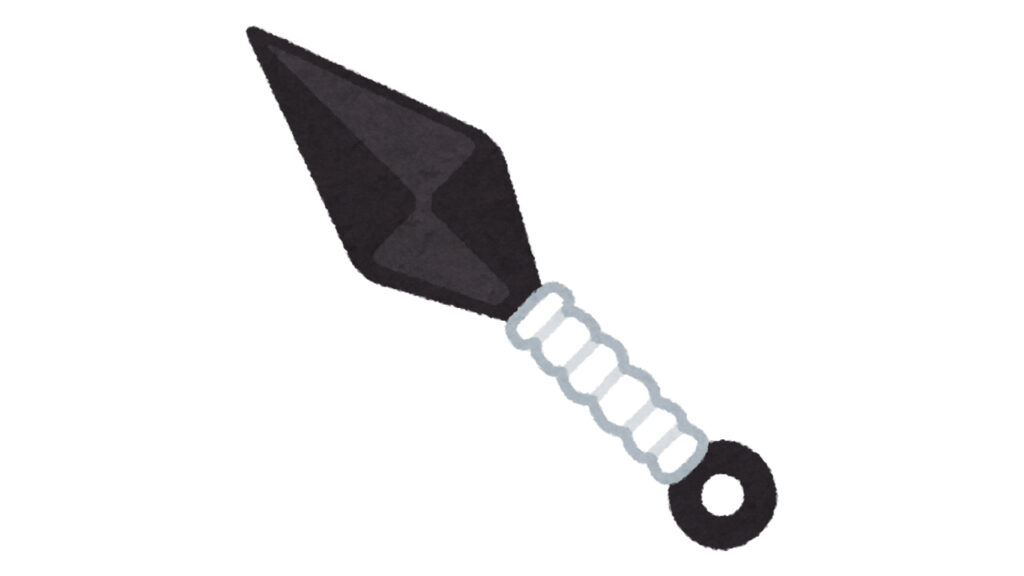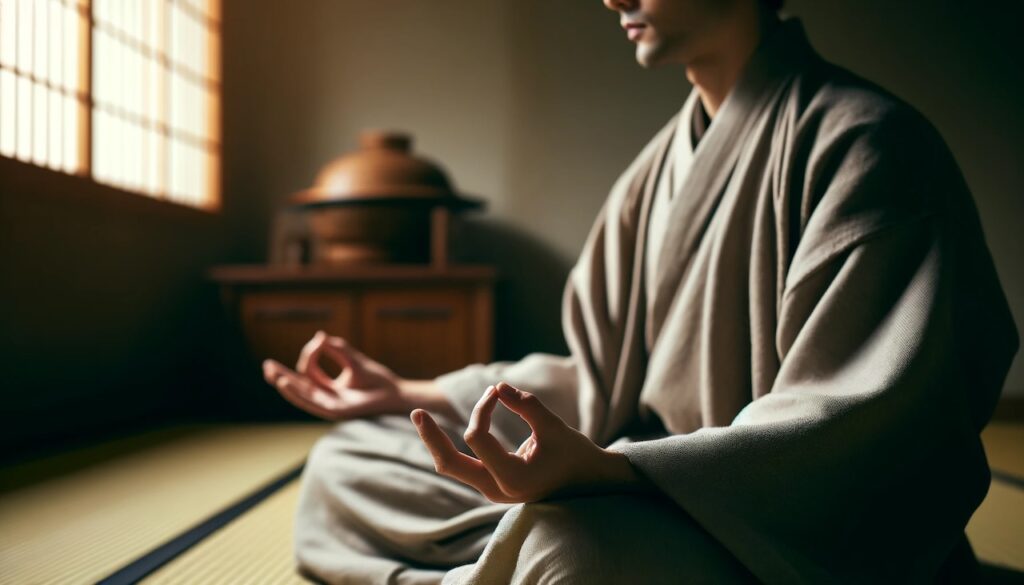What Does “Uchippanashi” Mean?
In Japan, golf driving ranges are popularly known as uchippanashi—a term that captures both the practice and spirit of the activity. The word is a compound of “utsu” (打つ), meaning “to hit,” and “hanashi” (放し), meaning “to let go” or “release.” Put together, uchippanashi can be loosely translated as “hit and release” or “continuous hitting,” perfectly describing a practice space where golfers can hit ball after ball without retrieving them.
Unlike the formality and etiquette required on a traditional golf course, a driving range offers golfers a place to practice freely, making uchippanashi not just a term but an expression of relaxed, repetitive training.
How Uchippanashi Became Popular
Japan’s first golf driving range, Meguro Golf Practice Range, opened in 1929. At that time, it was simply known as a “golf practice field.” The term uchippanashi didn’t gain traction until the 1960s, during Japan’s rapid economic growth. With the sport becoming more accessible to the average citizen, driving ranges began appearing in urban areas, catering to businesspeople and hobbyists alike.
As golfers appreciated the stress-free, casual nature of these ranges, the term uchippanashi entered popular usage. Its rhythm and straightforward meaning helped it spread quickly through word of mouth and in print.
The Role of Media in Popularizing the Term
While no individual is credited with coining uchippanashi, its rise can largely be attributed to media coverage. Golf magazines and sports newspapers in the 1960s began using the term regularly in articles and advertisements. By the 1970s, it had become so widely accepted that it was officially added to Japanese dictionaries, marking its place in the national lexicon.
Why Uchippanashi Resonates
Uchippanashi reflects more than just a physical place to practice golf—it symbolizes the freedom to focus, repeat, and improve at one’s own pace. This casual, often therapeutic aspect of hitting balls without worry or interruption aligns with Japan’s appreciation for mindful repetition, making it a cultural fit beyond the sport itself.
Conclusion
What began as a casual nickname for a golf practice range has become an established term in Japanese golfing culture. Uchippanashi speaks to the joy of repetition, the freedom of practice, and the unique way the Japanese language encapsulates entire experiences within a single word. As golf continues to thrive in Japan, uchippanashi will remain a fitting and beloved part of the landscape.


